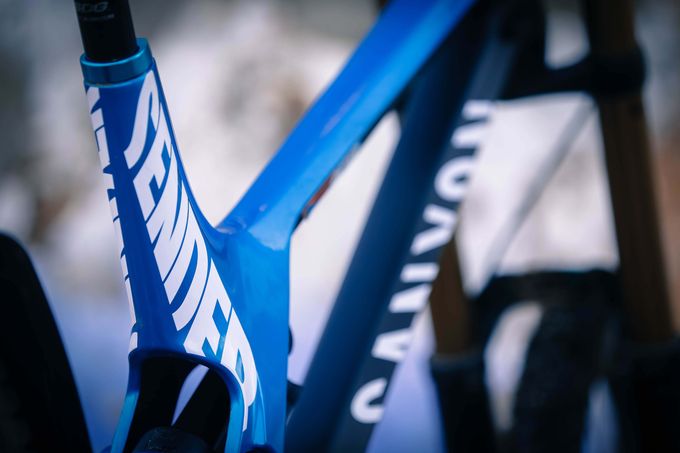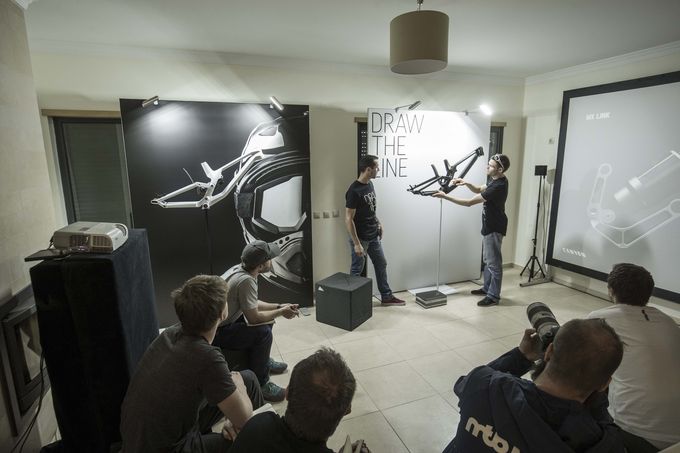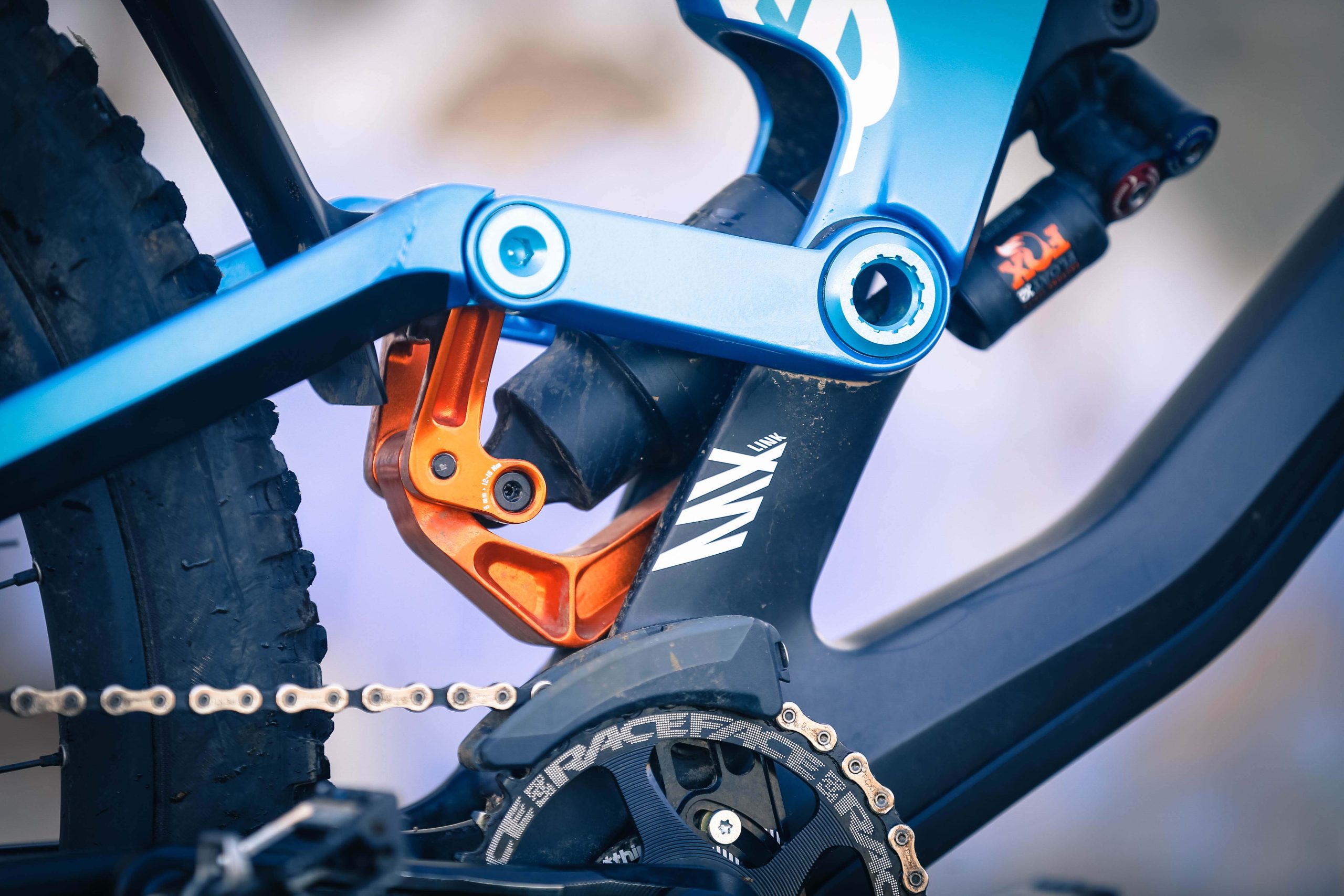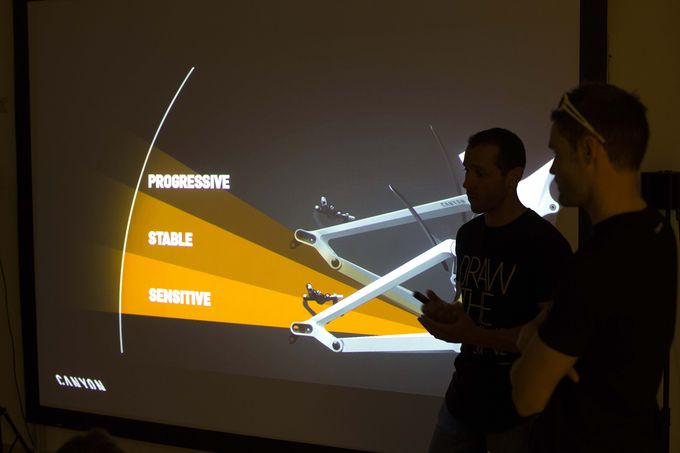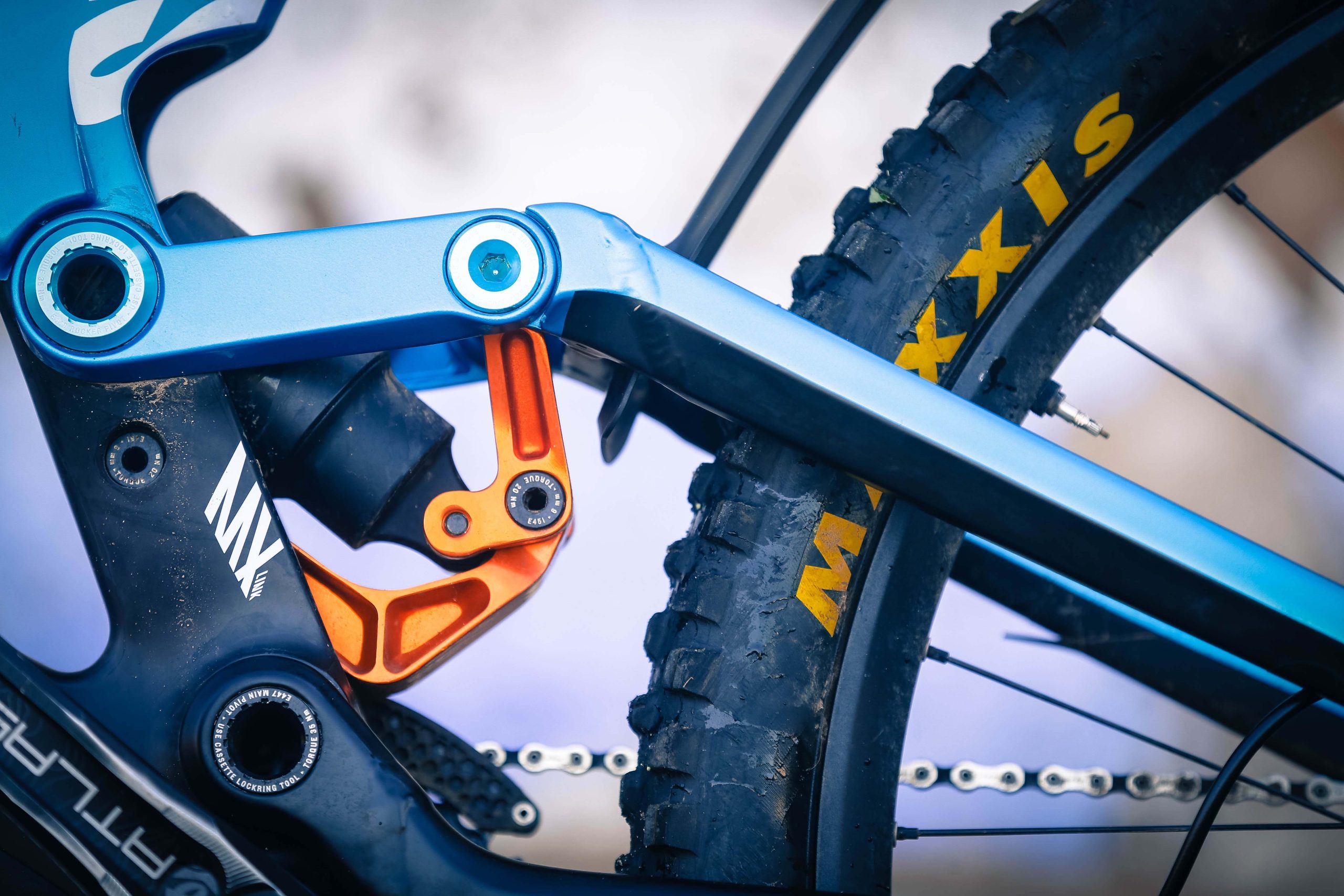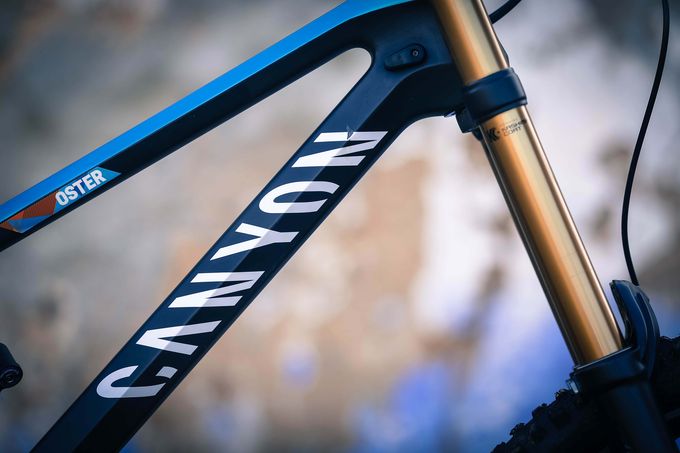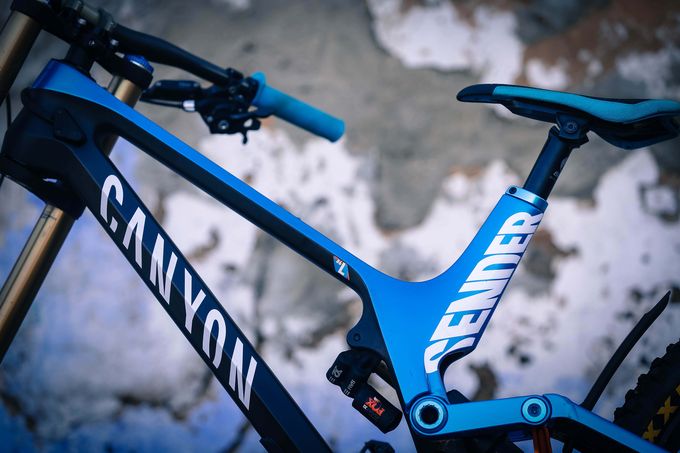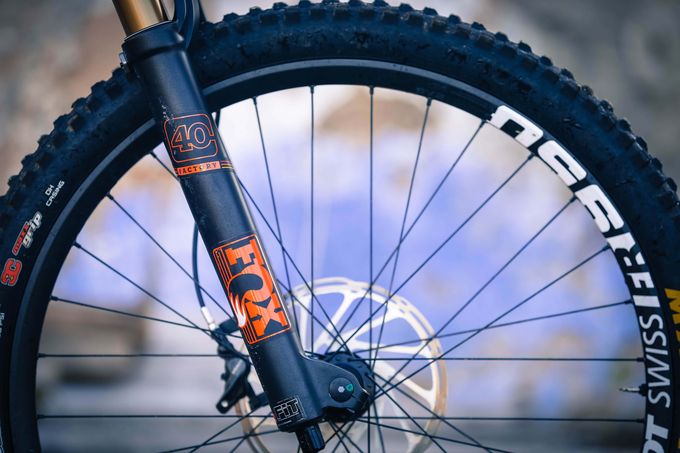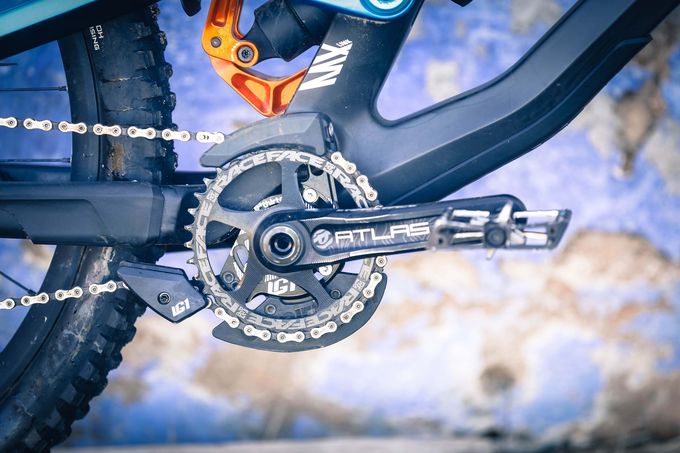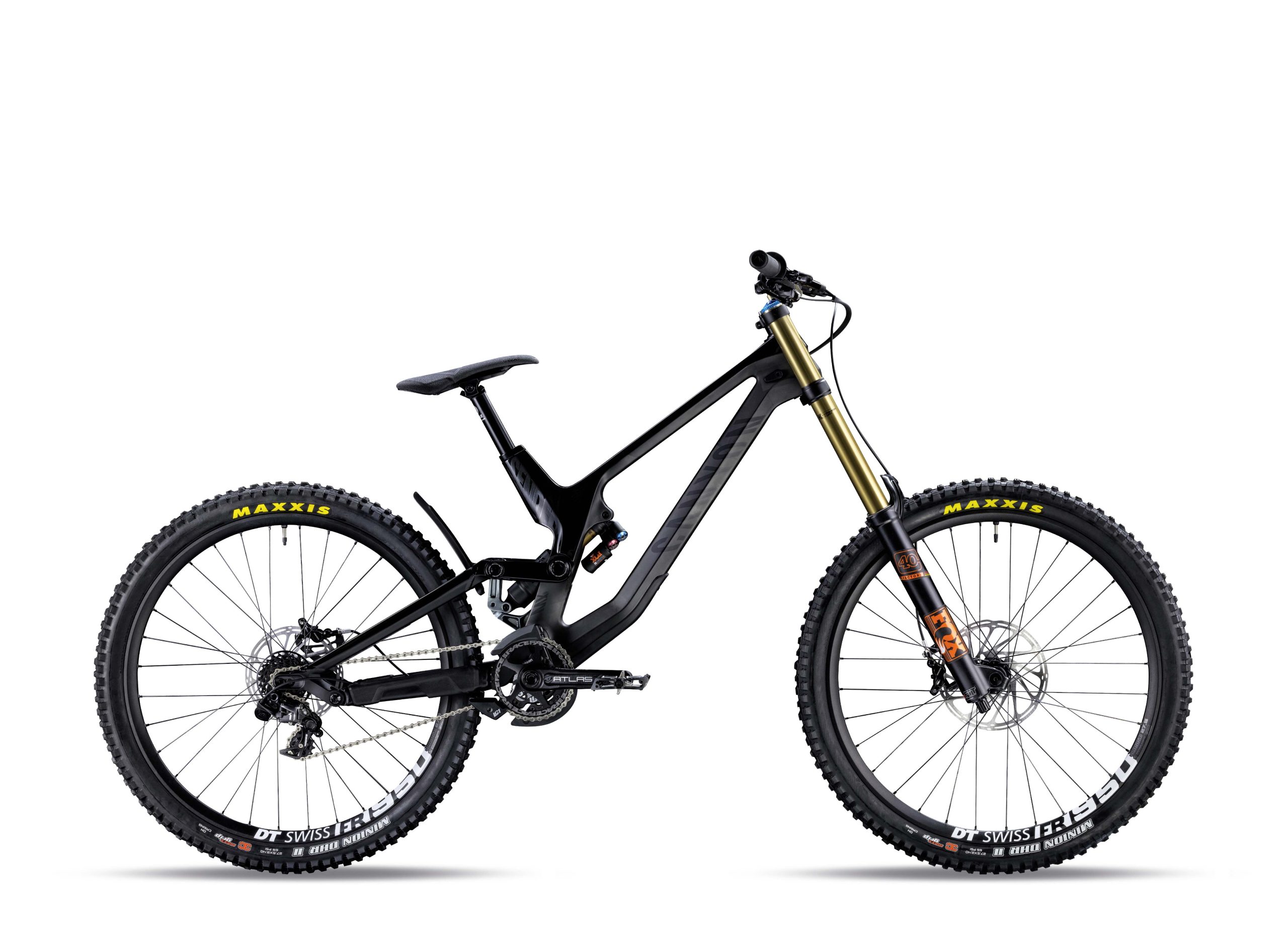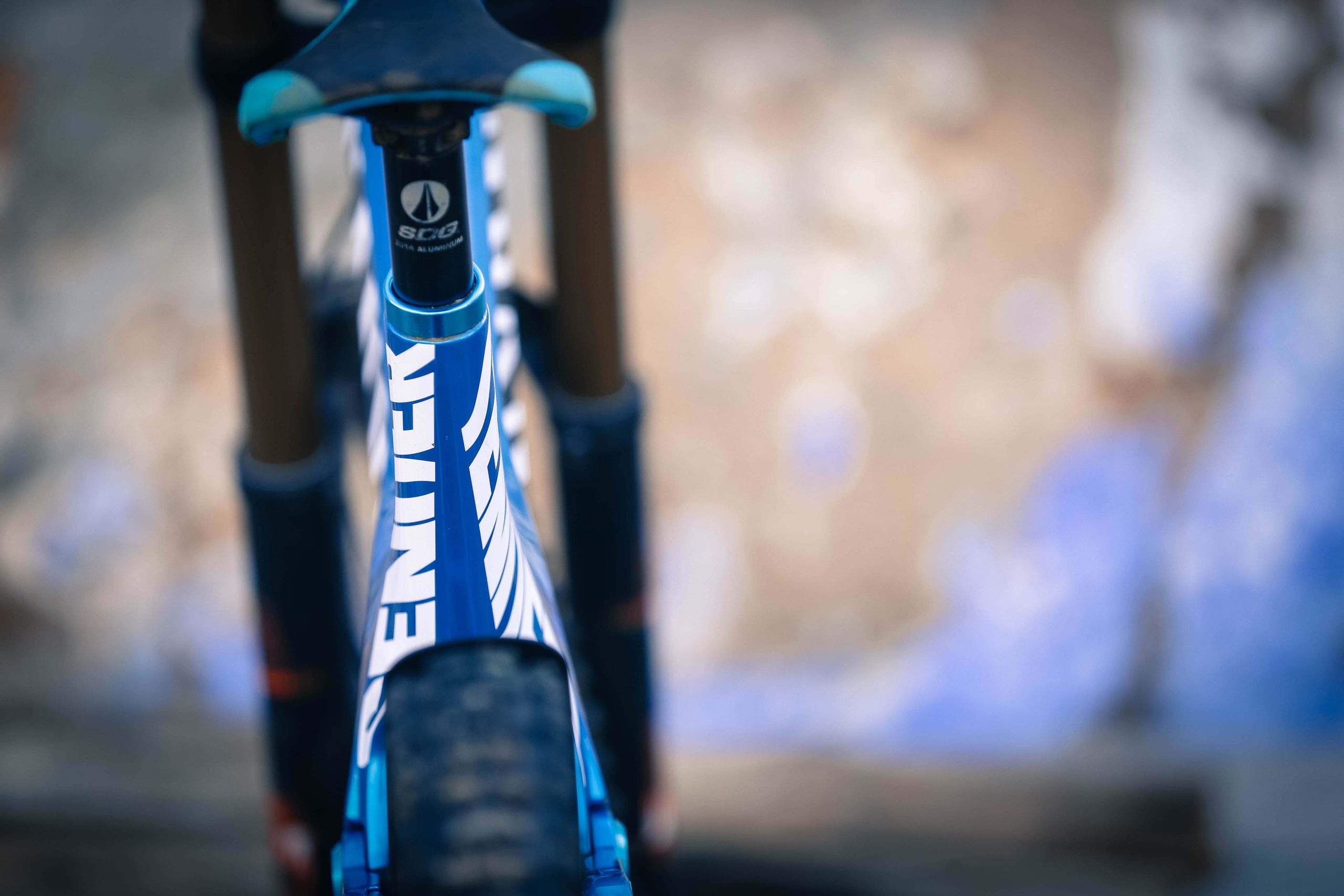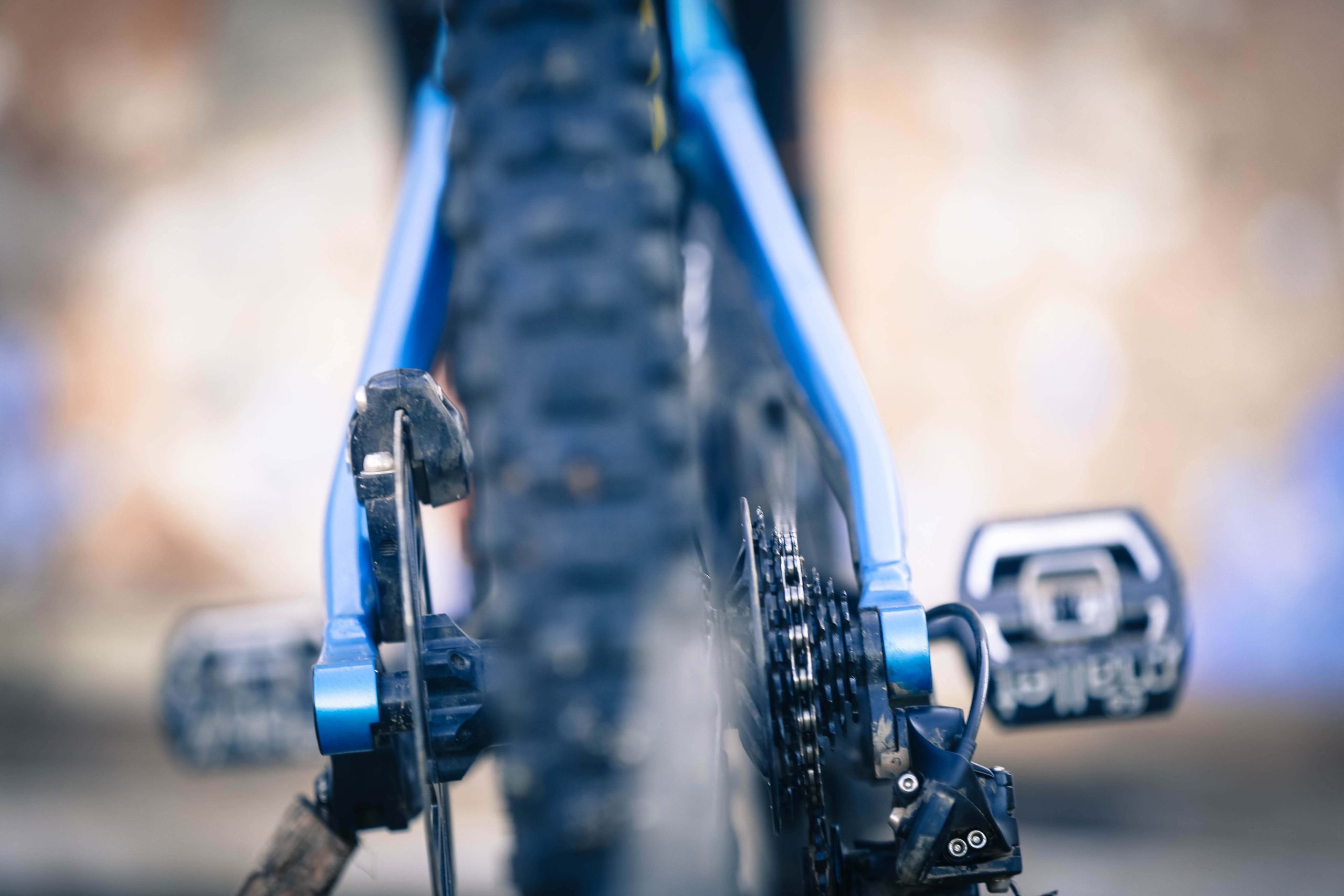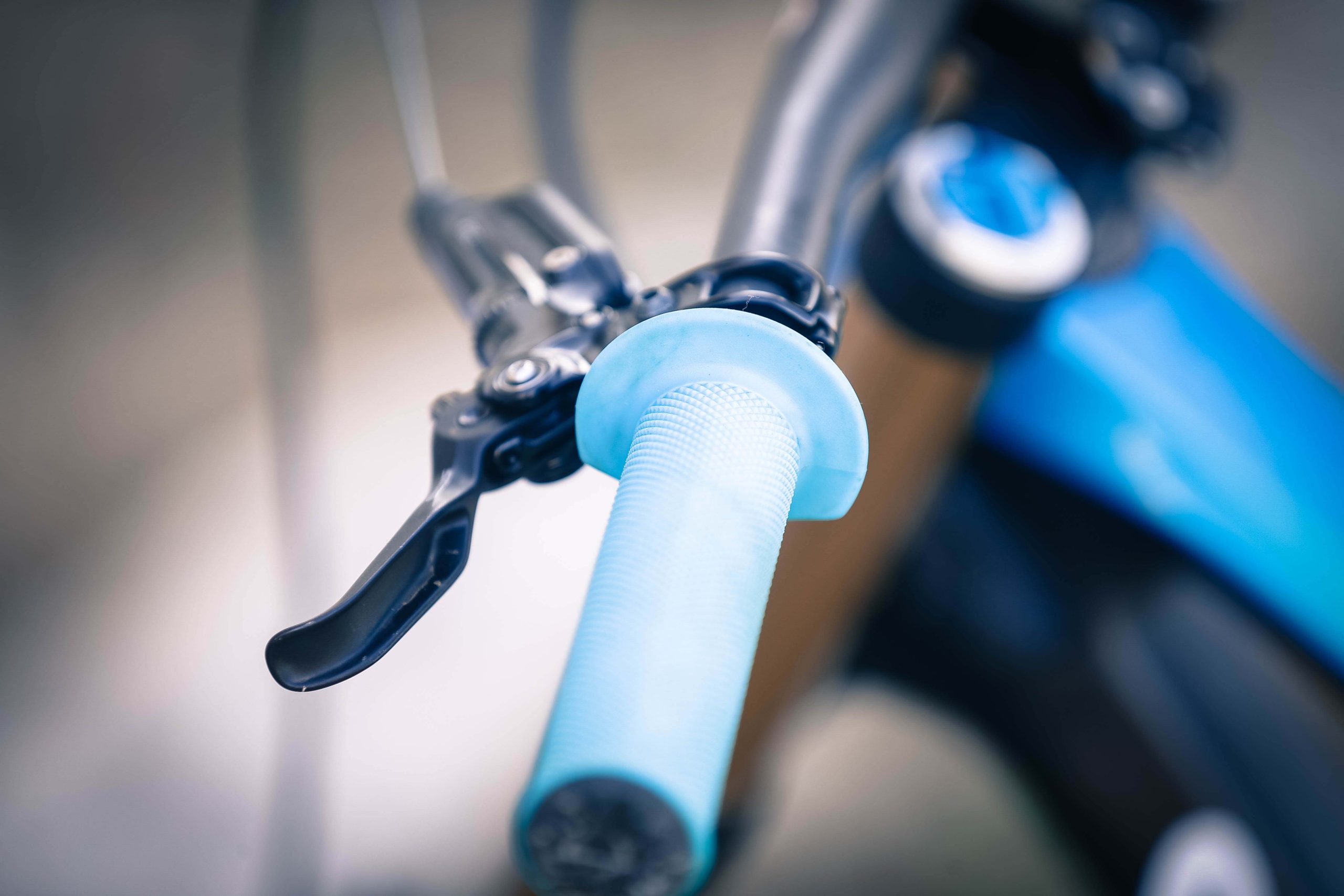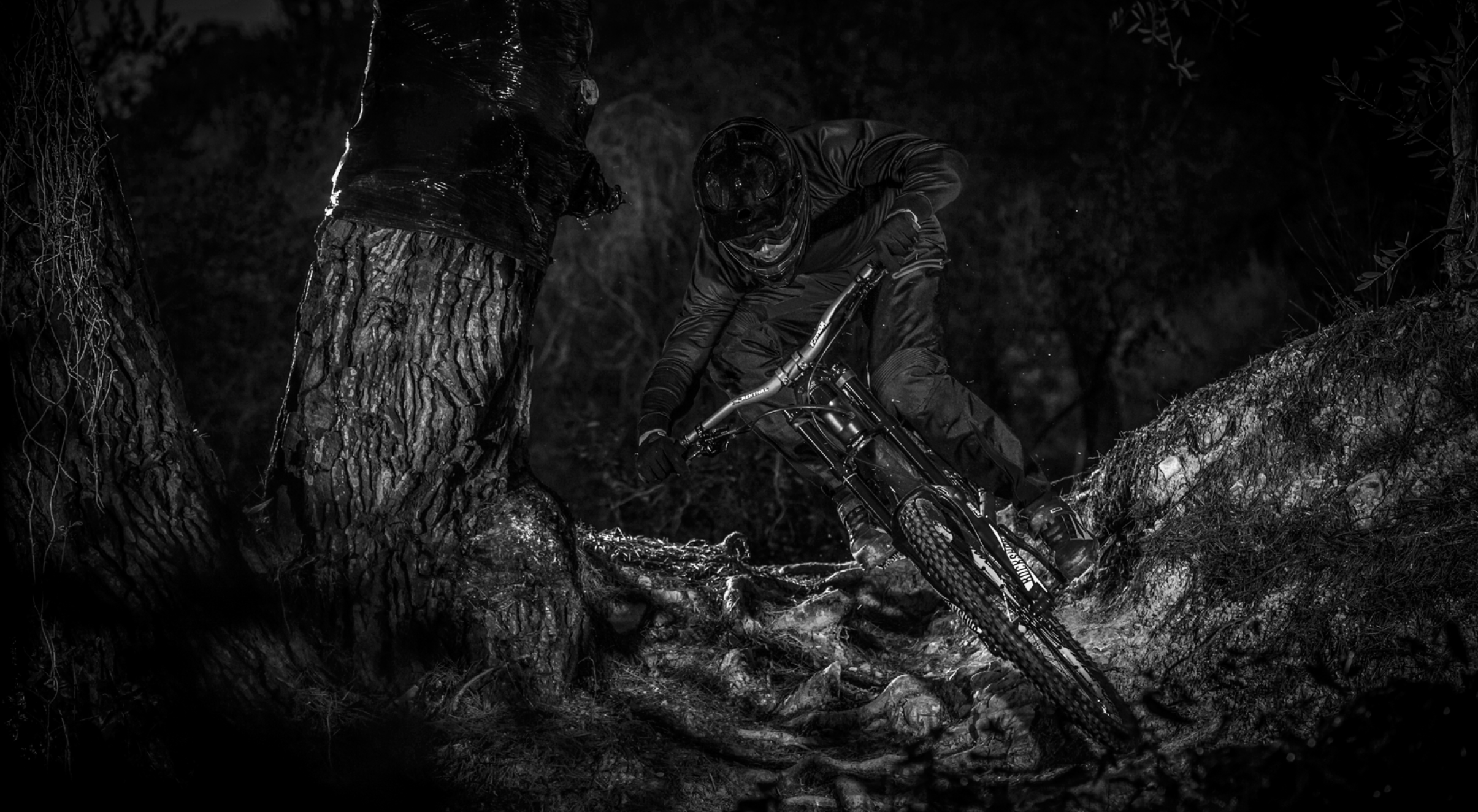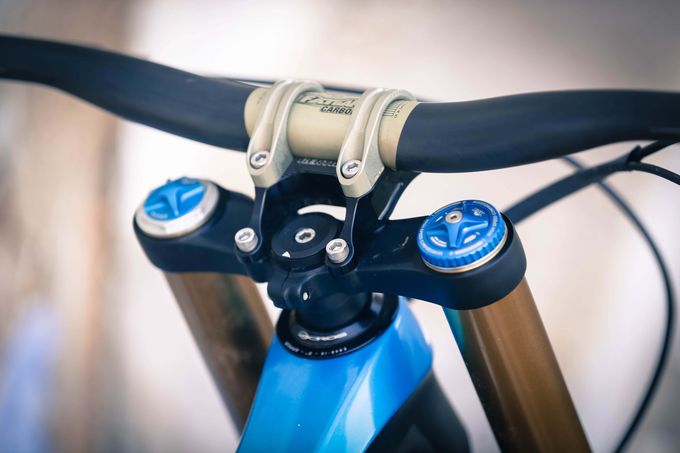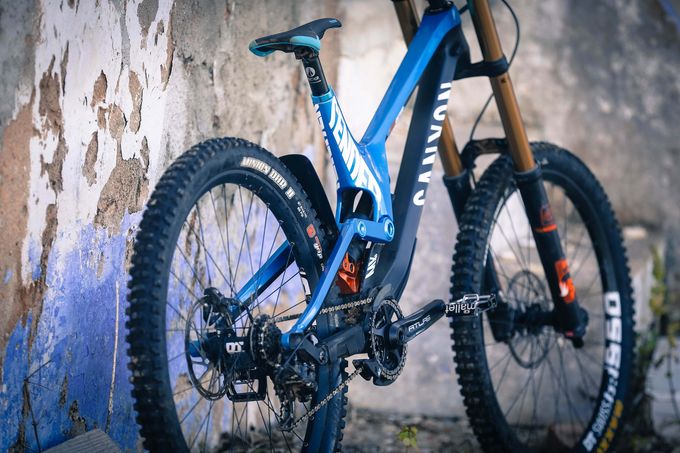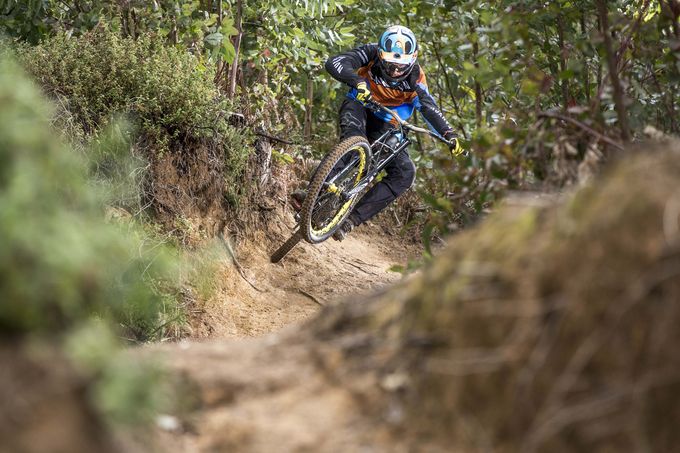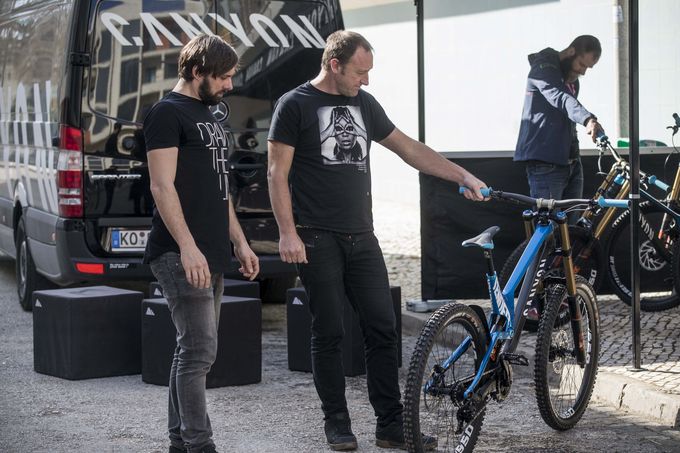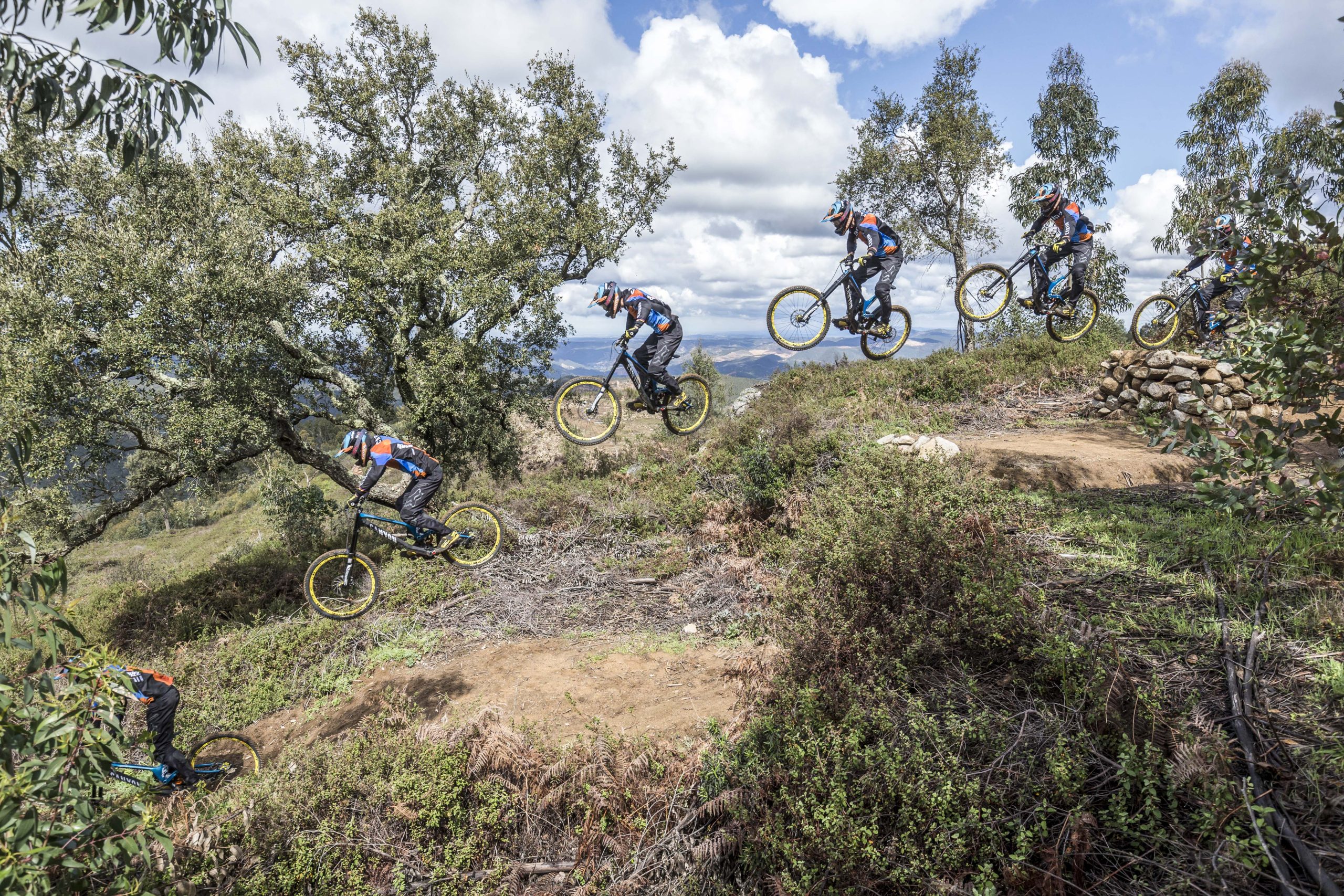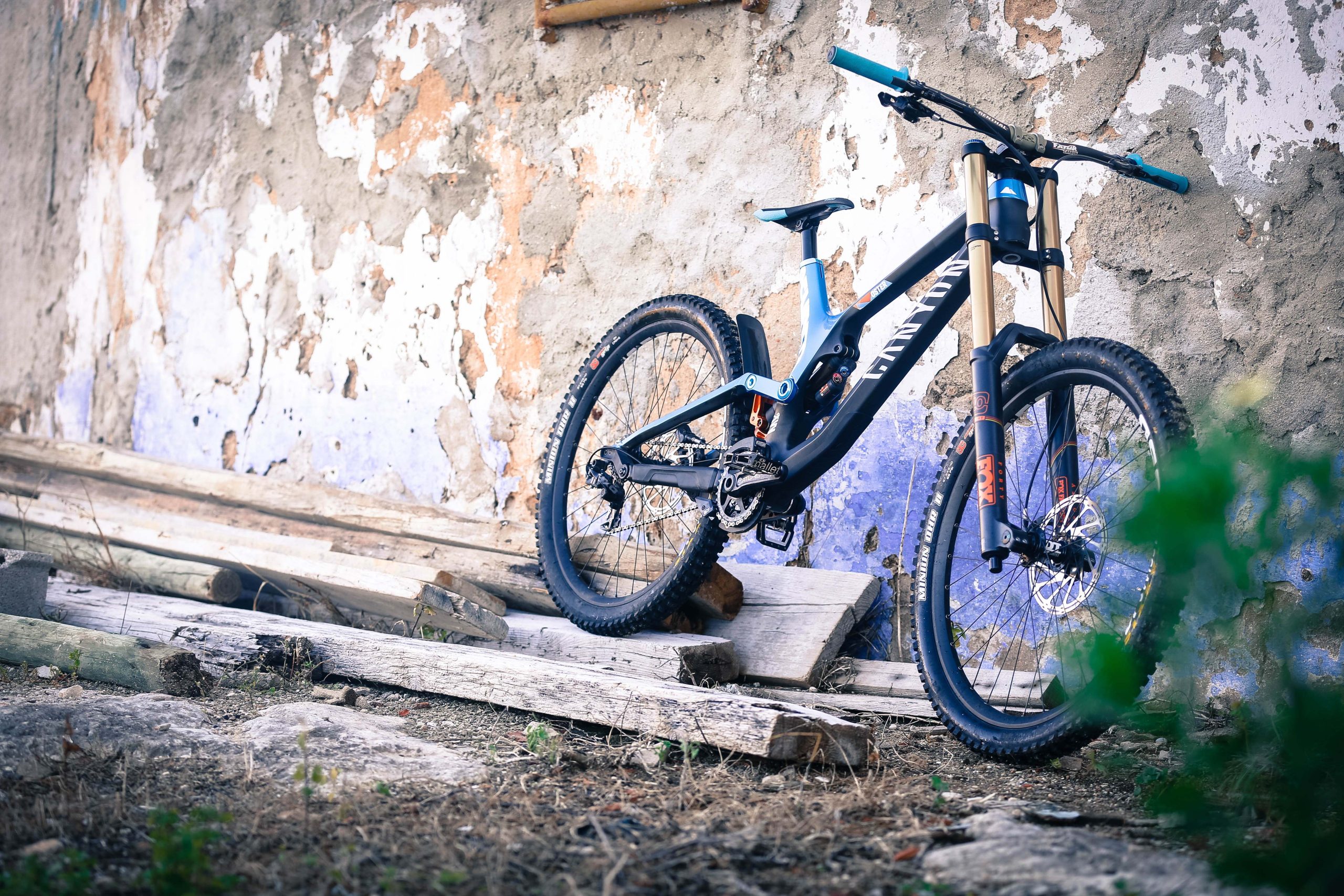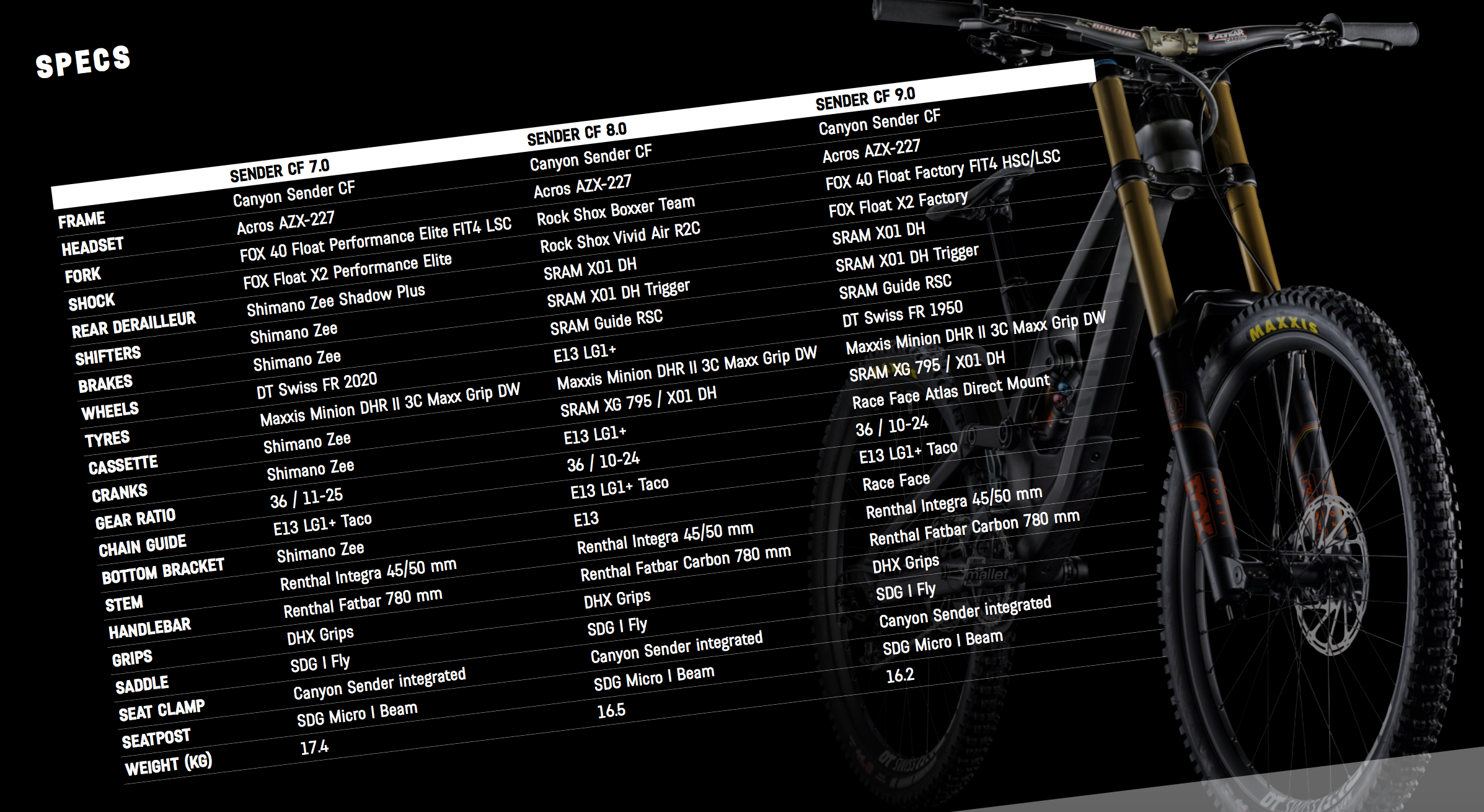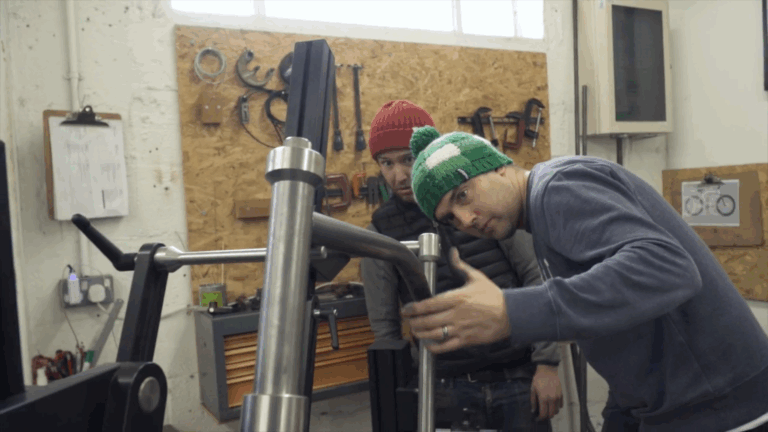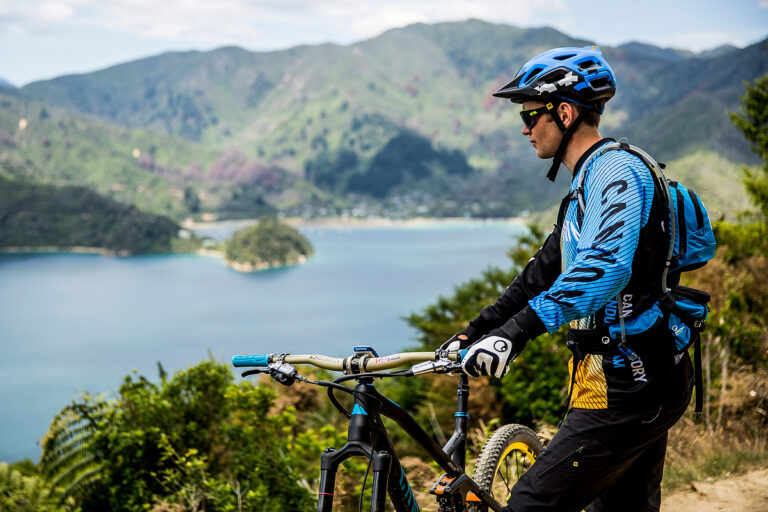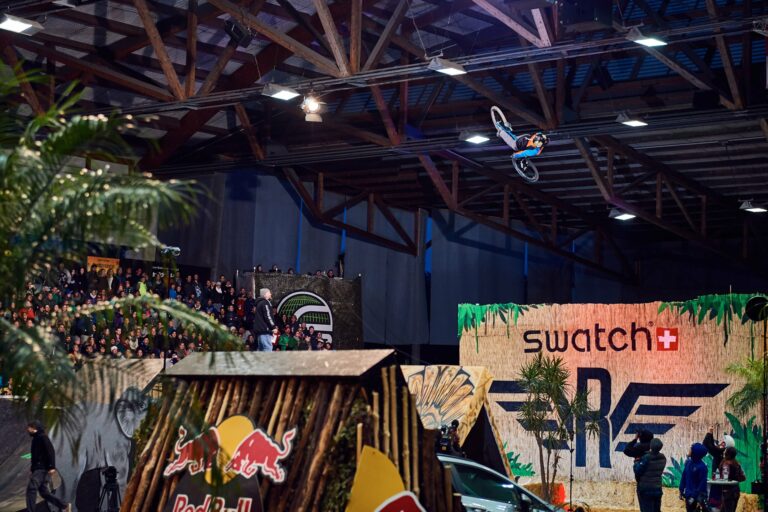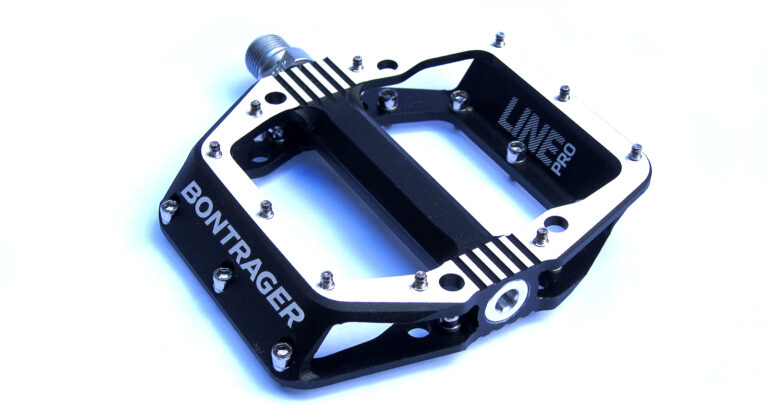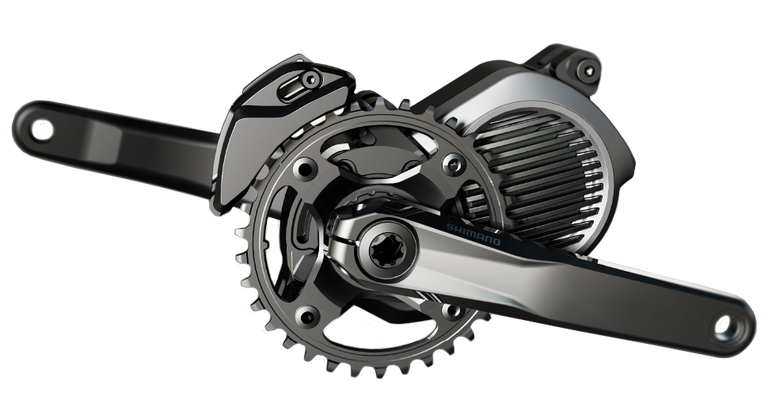Feeling. The pace of the Sender is immediately apparent and this alone puts it into the higher end of our downhill bike ratings. And the geometry is simply sparkling. But its when you add in a crazy lightweight (about 35lbs) and almost silent ride characteristic you quickly begin to realise that Canyon have not only built a very good bike but one which sends an upper cut to nearly all production downhill bikes. Initial thoughts are that the bike is certainly top five material.

In terms of set up the Fox 40 was fuss free as normal but the Fox X2 rear damper certainly needed care in set up. Using the frame mounted sag marker the air pressure was indeed within the range as recommended by Canyon base settings however to prevent the bike from bottoming out the sag had to be closer to twenty five percent with eight spacers in the damper. We’ve become quite used to ramming the X2 out with spacers recently and it appears to be inherently a touch weak but maybe that’s simply a coincidence with the bikes we’ve ridden. Our very first thoughts on the trail was the quite lively ride on the rear, the speed and silence.

After the presentation part of me was thinking the middle sector of the bike’s travel would be quite stable, almost platform like in its nature but the reality was a bike that was very, very smooth through the travel range. The bike certainly didn’t settle in its travel as I’d anticipated and it wasn’t easy to separate out or indeed find the Phase 2, the “stable platform to reduce momentum loss (enabling) the rider to actively pump for more track speed.” What I did encounter something more on-edge in its nature, but you could also describe it as liveliness and speed. A bike with momentum.

There was an almost nervy midstroke, quite what effect not using the correct sag had on this we don’t know for sure but having adapted to this believe it could well be over longer descents where the nature of the bike plays a positive part and in racing that’s all that matters. What bothers me is that Canyon include a drawing of the bike with a coil Ohlins damper which is contrary to the briefing and makes me wonder how it would perform with a coil damper.

As mentioned many of us also didn’t get the Phase 3 (end progression) until we’d rammed the Fox air can full of spacers. Some from Fox say eight is the maximum, others seven. We had 8 and it was still close to the edge of bottoming even with 25% sag rather than 30-35%.
